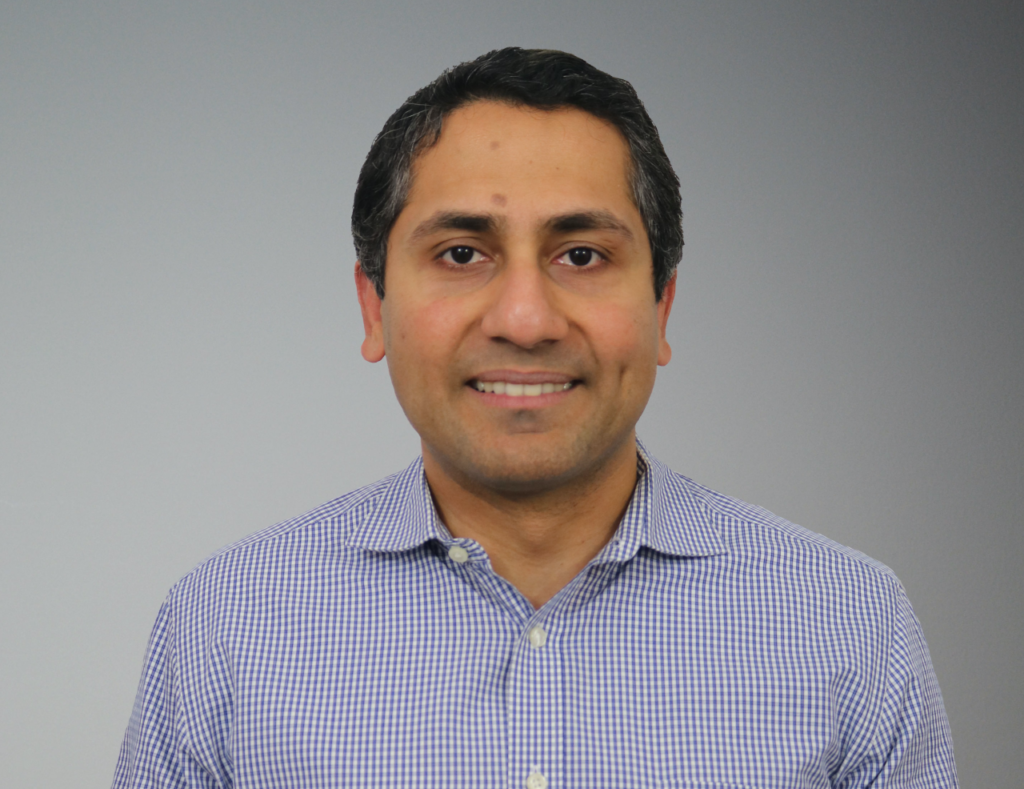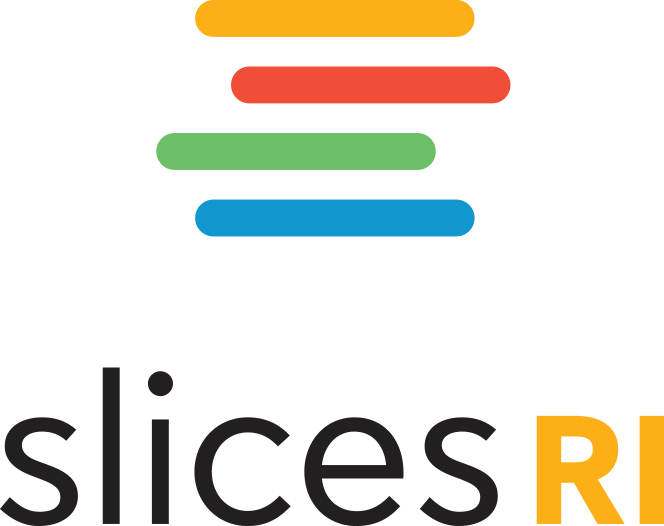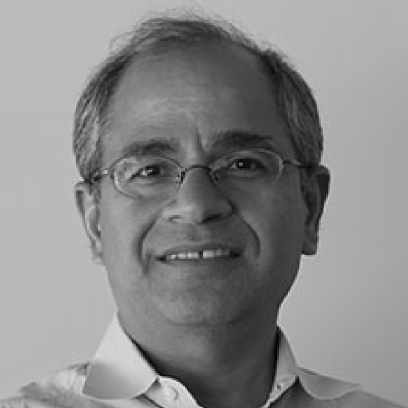
Guru Parulkar
speaker
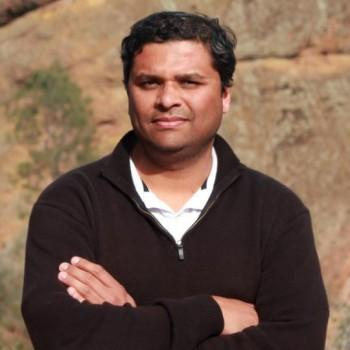
Sachin Katti
speaker
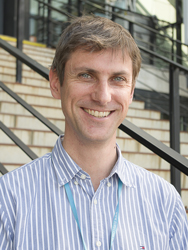
Florian kaltenberger
speaker
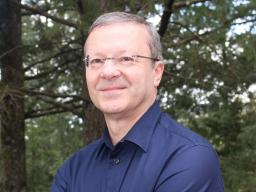
Christian Maciocco
speaker
Christian is a Principal Engineer and Director of Telecom Systems Research in Intel Labs working on platform and communications research in Software Defined Network (SDN) and Network Function Virtualization (NFV). Christian is Intel’s board member representative to the Open Networking Foundation (ONF) Technical Committee, member of the ONF Open Mobile Evolved Core (https://www.opennetworking.org/omec/) Technical Steering Team, Intel’s Principal Investigator of an Intel Science and Technology Center (ISTC), co-funded with VMWare, on Edge Computing at UC Berkeley (http://edgecenter.cs.berkeley.edu/), previously Intel’s PI of an ISTC co-funded with AT&T, at UC Berkeley (http://span.cs.berkeley.edu) with co-PIs at Stanford, CMU, Princeton, and EPFL. Previous work included wireless communication, system energy efficiency, media streaming and IP telephony, DTV data broadcast, optical networking, as well as representing Intel in standards organizations like the IETF, ATM Forum, and ATSC. Christian has 70 patents granted, on-going patent applications, co-authored 34 publications including three best paper awards, and received two Intel Achievement Awards, Intel’s highest award. He earned a Diplôme d’Ingénieur – Ecole Spéciale de Mécanique & Electricité – Paris.
